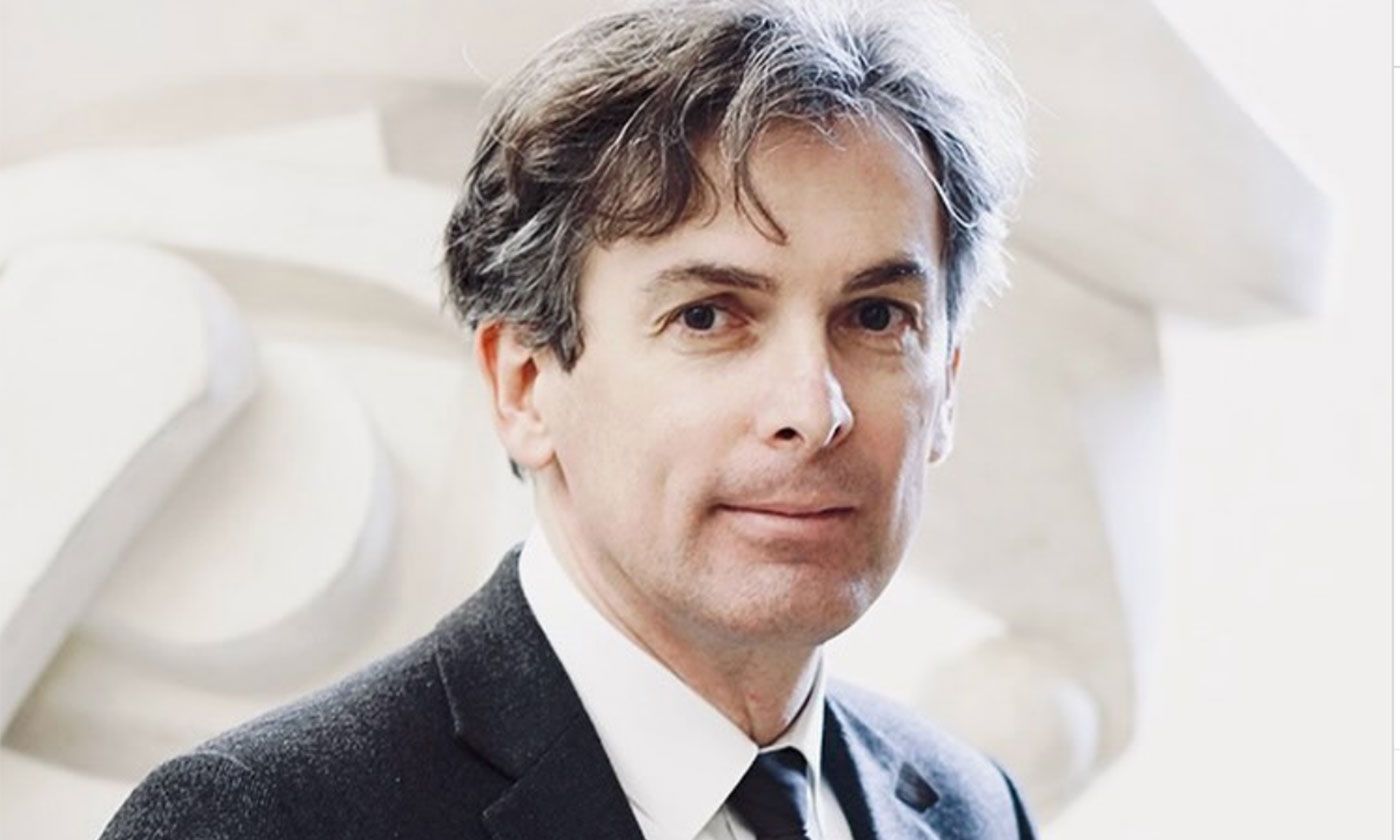Not in the usual rarefied academic mould: Sylvain Amic instagram.com/rima.abdulmalak
The curator Sylvain Amic, the former chair of the Musée des Beaux-Arts de Rouen, in Normandy, has been chosen by the French President Emmanuel Macron as the next chair of the Musée d'Orsay in Paris. Amic replaces Christophe Leribault, who was appointed chair of the Château de Versailles in February.
According to a statement from the French culture minister, Rachida Dati, Amic was selected to head the Paris institution dedicated to 19th-century art for his "strong support for regional cultural policies" and “having promoted the democratisation of culture through multidisciplinary initiatives with all cultural actors”, during his stay in Rouen. With his relaxed and open demeanour and boyish look—complete with a floppy cowlick and engaging smile—Amic, who is well-liked by his colleagues, is not cast in the usual mould of rarefied French art scholars.
Born in 1967 in Dakar (Senegal), where his parents were teachers, Sylvain Amic became a teacher himself, before joining in 2000 the Musée Fabre in Montpellier, in southern France, where he managed the 19th and 20th century collections. From 2011 to 2022, he headed the Rouen museum, known for its Impressionist collection, where he developed a local network of 11 museums and venues. In that role, he organised a successful annual Impressionist festival in Normandy.
The Musée d'Orsay, where Amic's first tasks include a planned rehang of the 19th-century-focused collection and overseeing work on a new research centre Pierre Blache
In 2022, he became an adviser on museums to the former culture Minister Rima Abdul Malak. Amic curated two important shows at the Grand Palais in Paris, an Emil Nolde retrospective in 2008 (in partnership with the Fabre) and an exhibition entitled Bohèmes in 2012. In Rouen, he staged several exhibitions around Impressionism, the collective history of cathedrals, and the writer Gustave Flaubert, who was born in the city.
One of the first tasks Amic faces in his new job will be finding ways to implement substantial government budget cuts to the culture sector, which are affecting institutions such as the Orsay, the Musée du Louvre and the Opéra de Paris. He will also start the rehanging of the collection planned by his predecessor, and continue the restoration of the entrance hall and the square in front of the museum, to improve the flow of visitors, which increased in 2023 to a record 3.9 million, 18% up on the previous year. He will also start work on the Orsay's new research centre—in the wing of a hôtel particulier on the banks of the river Seine—which is scheduled to open in 2026.

